
Join the BU Research Staff Association (RSA) for an exciting event on Thursday 19th June, Talbot Campus 10:00 – 14:30. This in-person lunchtime event is designed to provide support, inspiration, and foster meaningful connections among research staff across all faculties.
We are delighted to welcome Professor Edwin van Teijlingen (FHSS), who brings extensive expertise in Public Health, Health Promotion, and the Organisation of Maternity Care. He will share insights on developing a research career both within and beyond academia.
Dr Michelle Heward (FST) will present a case study based on her experience with funding applications, sharing practical lessons learned and highlighting how to build on small pots of funding. The Research Development and Support Team (RDS) will lead a hands-on workshop on Getting Started with Grant Applications, offering tools and guidance to help researchers take the next steps in their research journey.
What to Expect
- Expert advice on research career development and opportunities
- Practical guidance on how to get started with grant applications
- Insights from a case study, including practical tips
- Panel and audience discussions
Open to all BU ‘research only’ staff, no matter where you are in your research journey.
For further information on this event please contact Pooja Shah shahp@bournemouth.ac.uk or Gladys Yinusa, yinusagg@bournemouth.ac.uk
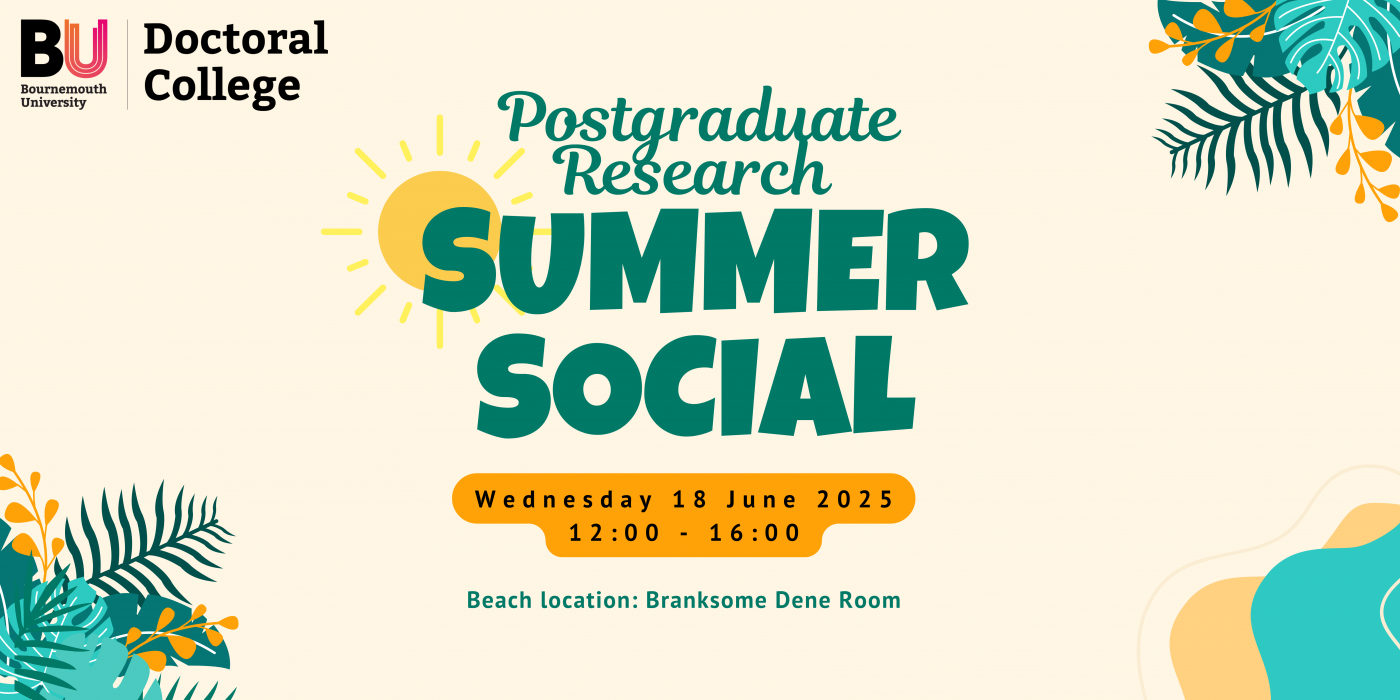


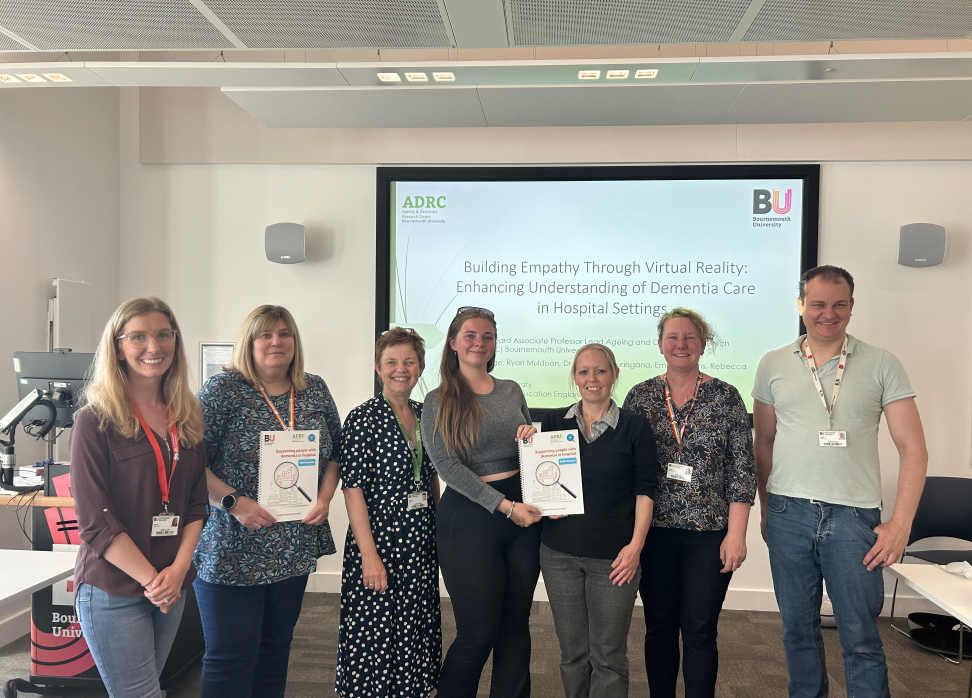
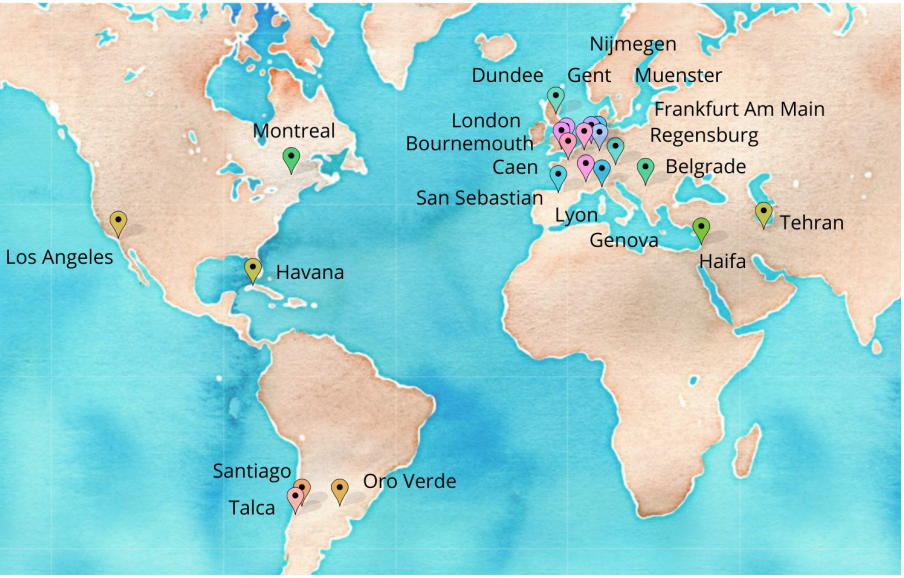
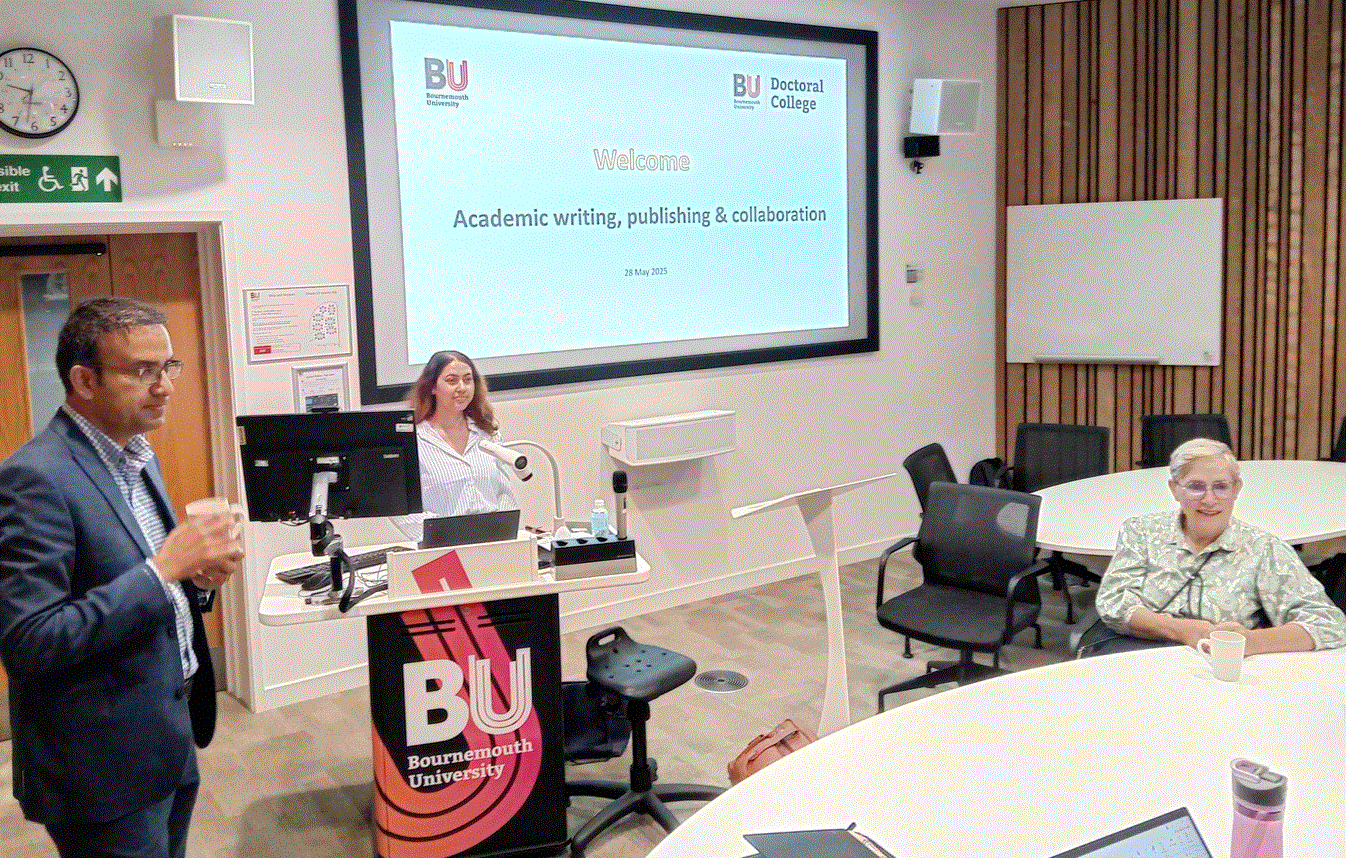

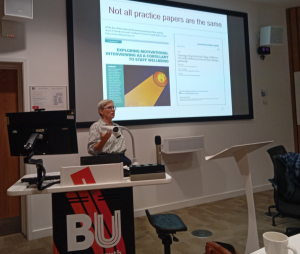


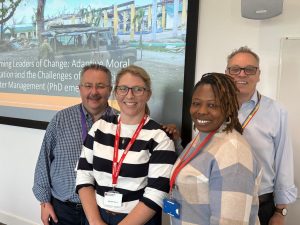


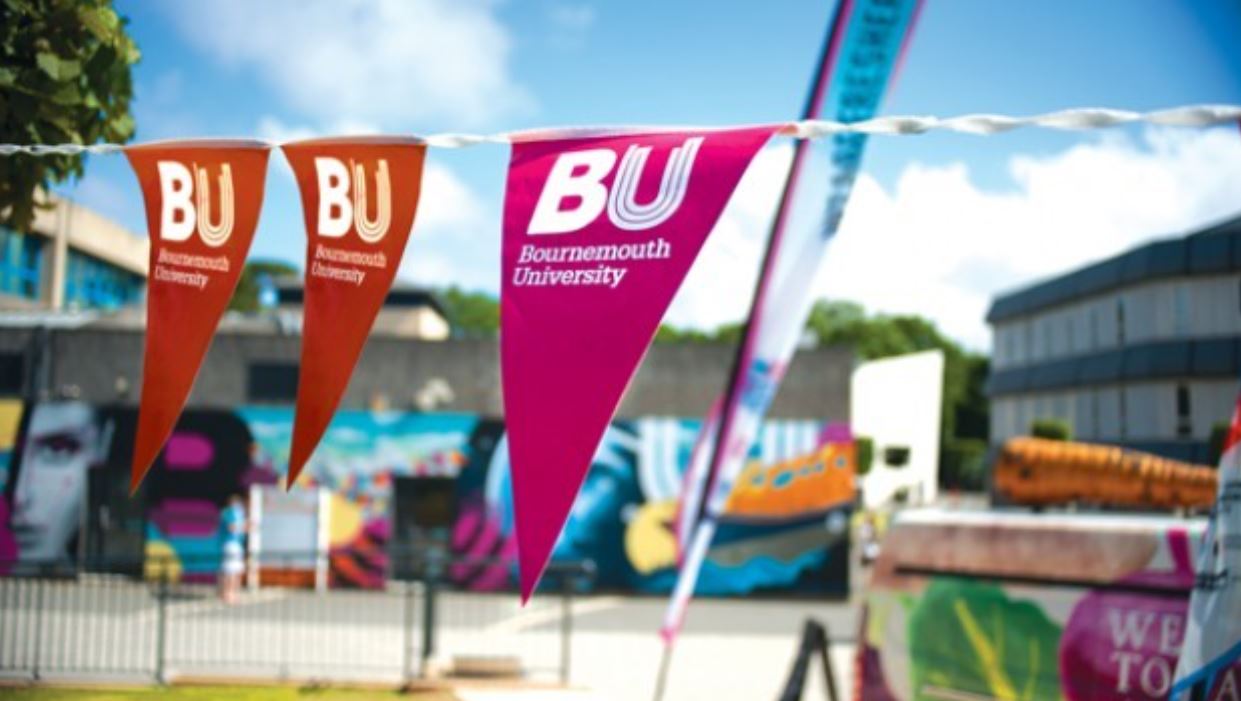 We can help you promote public engagement with research events through our monthly newsletter and social media channels.
We can help you promote public engagement with research events through our monthly newsletter and social media channels.




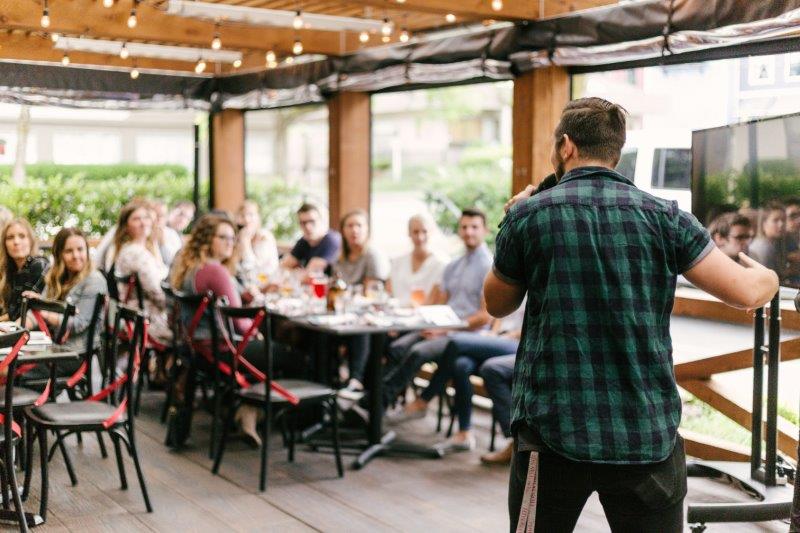











 Dr. Ashraf cited on ‘Modest Fashion’ in The Guardian
Dr. Ashraf cited on ‘Modest Fashion’ in The Guardian NIHR-funded research launches website
NIHR-funded research launches website Academics write for newspaper in Nepal
Academics write for newspaper in Nepal New paper published on disability in women & girls
New paper published on disability in women & girls Global Consortium for Public Health Research 2025
Global Consortium for Public Health Research 2025 MSCA Postdoctoral Fellowships 2025 Call
MSCA Postdoctoral Fellowships 2025 Call ERC Advanced Grant 2025 Webinar
ERC Advanced Grant 2025 Webinar Horizon Europe Work Programme 2025 Published
Horizon Europe Work Programme 2025 Published Horizon Europe 2025 Work Programme pre-Published
Horizon Europe 2025 Work Programme pre-Published Update on UKRO services
Update on UKRO services European research project exploring use of ‘virtual twins’ to better manage metabolic associated fatty liver disease
European research project exploring use of ‘virtual twins’ to better manage metabolic associated fatty liver disease